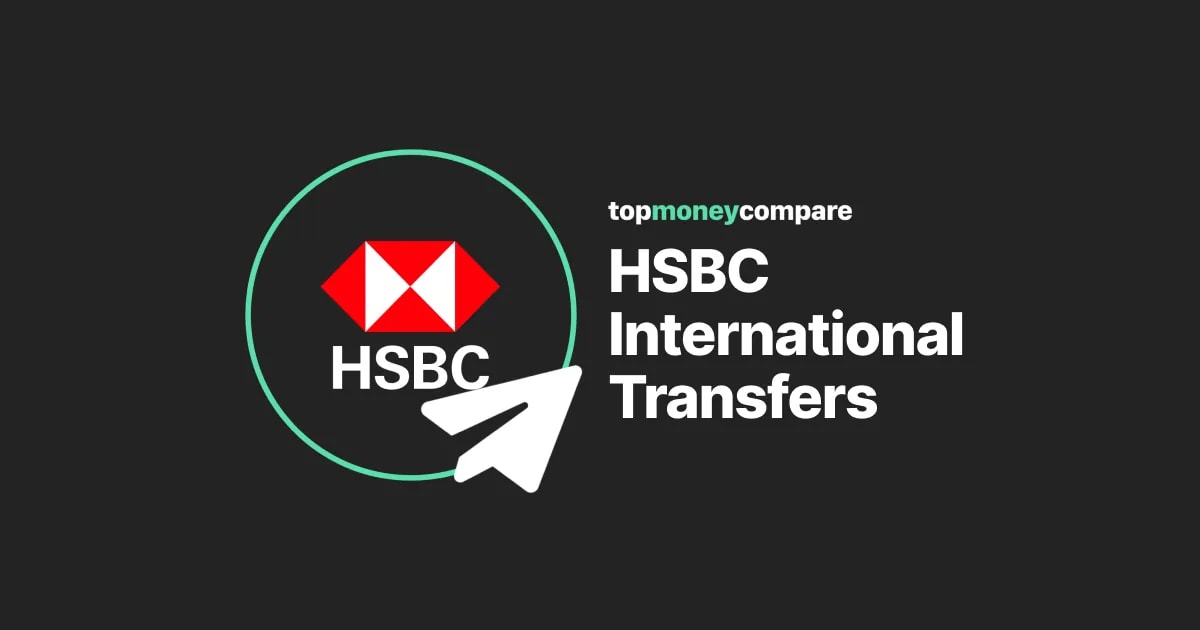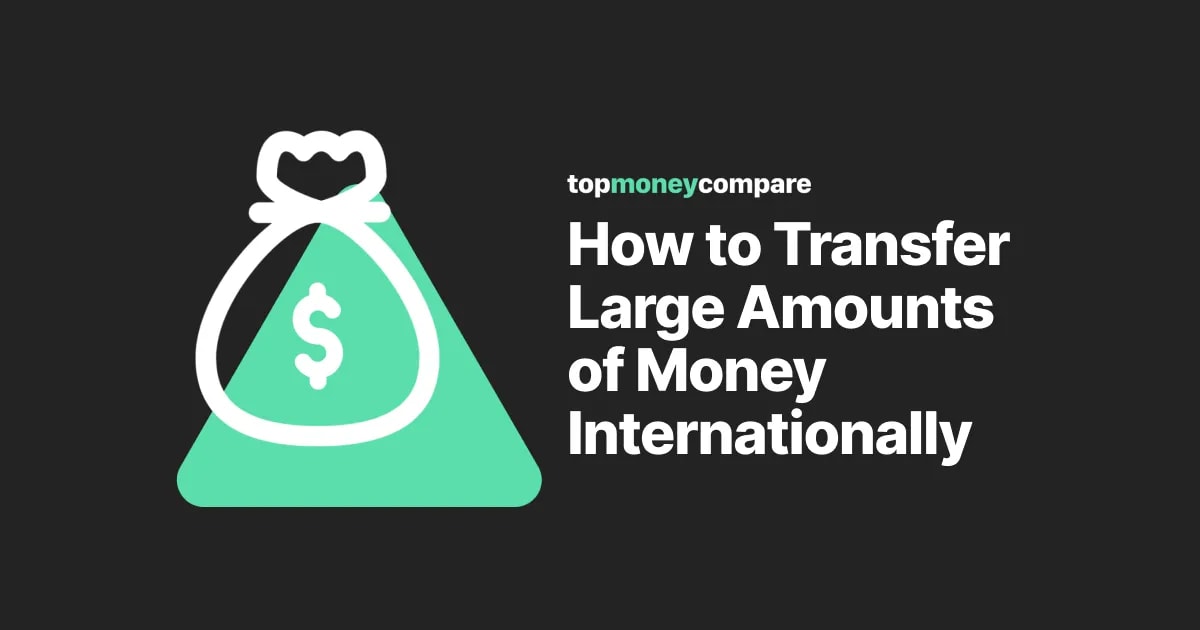The world of international bank transfers is a confusing one, littered with complicated jargon and smallprint.
The confusing (and often misleading) part of the process is the currency conversion.
In this guide I’ll explain all the details of using NatWest to send money abroad, using simple language.
You’ll learn about their costs and limits, whether they’re a good option, and if there are better suited alternatives available.
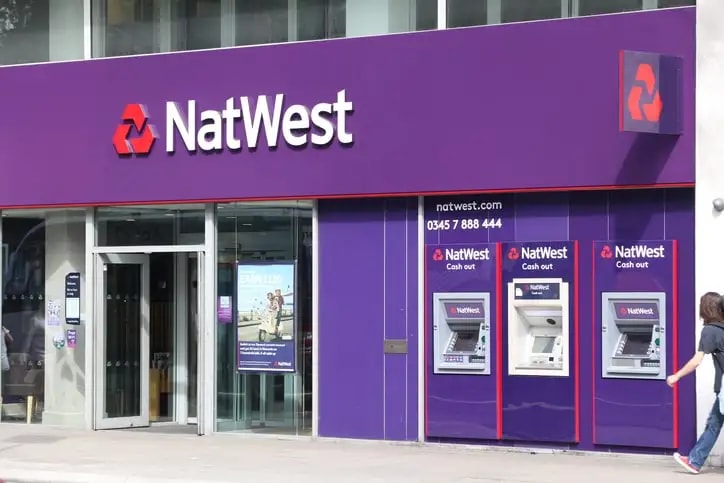
How much does NatWest charge for international transfers?
Whichever provider you use, costs for international money transfers come in two forms:
- Transfer fees
- Exchange rates
Here’s how they work.
NatWest transfer fees
Transfer fees are nominal amounts charged by most banks every time you make an international transfer.
They often seem like relatively small amounts.Banks typically use small transfer fees to take the headlines and appear as the ‘cost’ of international transfers.
They conveniently leave out the part about the exchange rate being the biggest cost.
NatWest does not charge transfer fees for any standard transfer made online.
However, you can pay £15 for an ‘urgent’ online payment (also known as a SWIFT transfer).
Plus, the following fees apply to transfers made over the phone, in-branch or by post/fax:
It seems that NatWest would prefer you didn’t bother any of their staff.
They try to incentivise you to make the transfer online instead.
This is how some of the other big high street banks work too.
Most providers outside of the big banks don’t charge transfer fees, regardless of whether you make the transfer online or over the phone.
They’re completely unnecessary costs for international transfers.
NatWest exchange rates
The biggest cost of most international money transfers lies within the exchange rate.
When you make an international bank transfer, you’re charged a percentage of your total transfer amount.
This is built into the rate you are given.
It’s essentially an added ‘markup’, or ‘margin’ on the interbank exchange rate.
The larger the margin, the more money the bank makes.
Big high street banks are notorious for charging high exchange rate margins.
NatWest doesn’t make their exchange rate margins available online.
There’s no way to see what NatWest will charge you before you go through the rigmarole of setting up a transfer.
By the time you’ve done that, NatWest are hoping you’ll just want the transfer done and forgotten about, and just accept whatever it is they are charging.
In my experience, NatWest typically charges exchange rate margins of 3% - 5%.
Let me show you what that really means:
If you’re transferring £100,000 to France for example, a 5% exchange rate margin would cost you £5,000.
This is a massive cost!
I wouldn’t take any chances.
Just as a comparison, Nationwide's exchange rate margin is around 2% - 4%.
Make sure you get an exchange rate quote before you proceed with any international money transfer.
That way, you know exactly how much you’ll be charged.
How long does a NatWest international transfer take?
One thing NatWest does tell you, is how long your international transfer is likely to take.
They even make their cut-off time’s clear.
This is useful and you know exactly where you stand to meet any deadlines with your transfers.
Below, you can clearly see how long transfers take:
You’ll notice the SEPA transfers column.
SEPA stands for the Single Euro Payments Area.
This essentially means that any payments between the Eurozone and other European countries, including the UK, can be completed on the same day.
If you have a deadline you need to meet with your transfer, it’s best to take these payment times into account and plan ahead.
What is the maximum amount I can transfer internationally using NatWest?
NatWest has a daily online international transfer limit of £10,000.
If you had £100,000 to transfer for example, this would be hugely frustrating.
People are often moving large amounts of currency abroad for things like house sales and purchases.
If this was the case, you’d either have to pay more to do it over the phone or make lots of small transfers online.
NatWest’s £10,000 limit could potentially scupper a time sensitive deal.
Frankly, there’s a lack of guidance on what to do when you’re making a large international transfer.
It says to me that NatWest isn't readily-equipped to transfer large amounts of money internationally.
However, if you’re transferring over £250,000, you have the option to speak to one of NatWest's ‘Markets Team’.
This is encouraging.
This is more the sort of thing I’d be looking for. A dedicated team of experts that could help me transfer my large sum of money.
But what happens if you’re transferring between £10,000 and £250,000?
The vast majority of people fit into that bracket.
You’d have to arrange the transfer with generic customer support and there’d be no input from a ‘Currency Markets’ expert.
NatWest also doesn’t provide a great deal of information on what their ‘Markets Team’ actually do.
Even me, sitting here writing this, haven’t a clue.
Personally, it all seems like a bit of a token effort to me.
I’m sure NatWest’s team is trying to be helpful, but the transfer limits, generic support staff and lack of helpful information make them a less than suitable option.
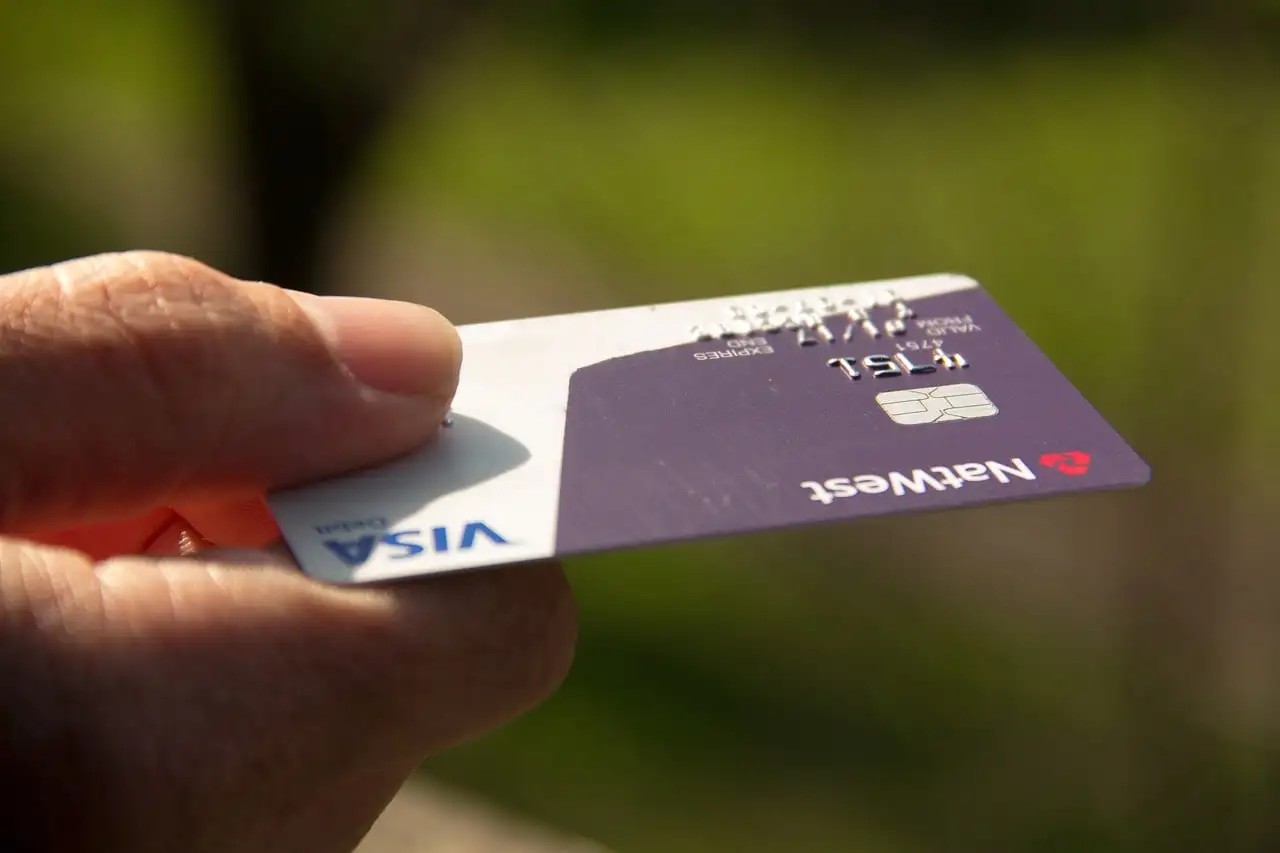
Can you make international transfers from the NatWest app?
Yes, you can make international transfers from the NatWest app.
In fact, they’d prefer it.
While gathering information on NatWest’s international transfer services, almost everything I found made reference to NatWest’s online app.
They’re assuming you’ll use the NatWest app.
What if you want to transfer a large amount of money?
What if you want to speak to a currency expert to make sure everything is done properly and efficiently?
There doesn’t seem to be much consideration for that!
NatWest’s ‘Markets Team’ seem like they have the potential to provide helpful advice, but you have to be transferring over £250,000 to even speak to one of them.
Some things can be easily done online or through an app.
Sending £20 to a friend to pay for lunch? Sure.
Sending £100,000 to Spain for a house purchase?
That needs more care and attention.
Fortunately, for large transfers, there are some alternatives.
Consider using a currency broker instead, where you’ll receive expert guidance and advice when transferring abroad.
Not only that, you’ll receive a significantly better exchange rate, too.
How do NatWest international transfer costs compare to other providers?
Overall, NatWest’s hidden exchange rate costs are usually huge, and can end up costing you thousands.
The reality is, there’s no way to know how much NatWest will charge you until you set up a transfer.
They want you to rush through the transfer on their app without getting advice from anyone.
That way you’re more likely to accept a poor exchange rate.
However, I do have to give credit to NatWest for not charging transfer fees.
Even still, a currency broker is a more helpful and friendly alternative.
Key Currency, for example, only operates over the phone.
You speak to a real person who will take the time to understand your requirements and why you’re making an international transfer.
This will help them guide you on when to make your international transfer so to get the best exchange rate possible.
I’d suggest using someone like them, over muddling through NatWest’s online app and risk receiving an expensive exchange rate.
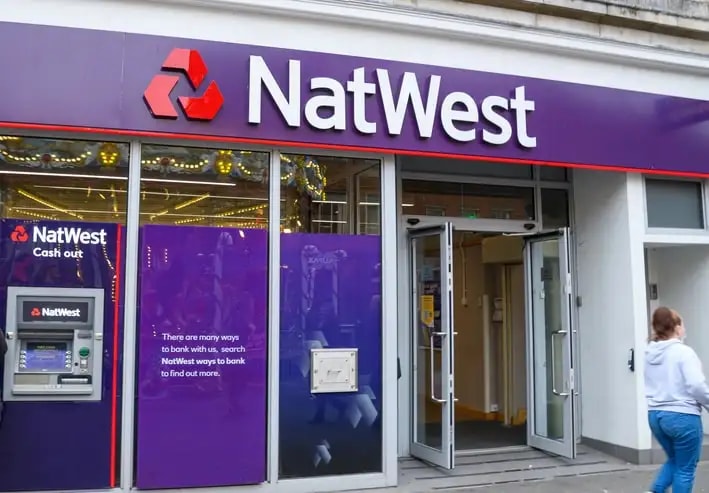
Is NatWest a good option for international money transfers?
On the surface, NatWest’s lack of transfer fees for online payments may make them seem like a good option for international transfers.
But when you dig deeper, they fall short.
What’s most frustrating is the lack of transparency when it comes to exchange rate charges.
This is the most important part of any international transfer, and you’ve no idea how much you’re going to be charged until you set up a transfer.
What also lets them down is their £10,000 daily online transfer limit.
This makes things totally unworkable if you have a larger amount to transfer abroad.
NatWest’s assumption is that you’ll operate totally independently online, or speak to a generic member of staff, with no specialised guidance whatsoever.
That is, unless you are transferring over £250,000.
In which case, you’re suddenly granted permission to speak to their ‘markets team’.
They’ll provide you with some sort of guidance, but it’s not particularly clear what this entails.
For large transfers, our recommendation would be to use a currency broker.
For smaller transfers (less than £25k) we’d suggest using a money transfer app instead.
You’ll be surprised at how much you can save on your transfer.
Fill in the quick form below to get some comparison quotes.

-min.webp)


